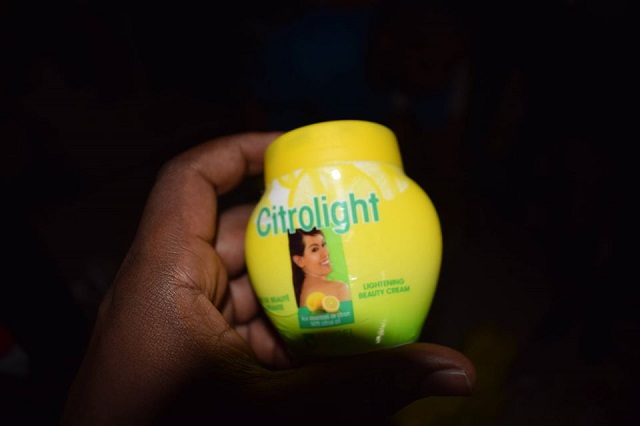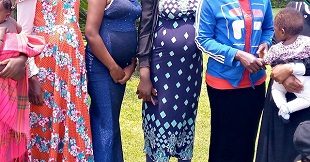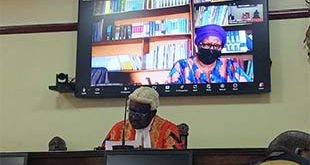
Kampala, Uganda | THE INDEPENDENT | The Ugandan public has been urged to be keen on the UNBS quality mark on all beauty products, in order to avoid fake and substandard cosmetics that have infiltrated the market.
The distinctive mark is issued as an assurance of conformity to relevant standards. It is a guarantee that a specific product meets a defined set of requirements such as safety, fitness for use and interchangeability characteristics, usually specified in a standard.
The caution comes a few days after the National Bureau of Standards banned 98 body cream brands, 27 skin lotion brands and ten soap brands that contain hydroquinone, a chemical that decreases the formation of melanin, the dark pigment in the skin.
Additionally, 22 brands of creams and lotions and 18 soap were banned from use or being sold in Uganda for containing mercury, an equally dangerous chemical that, according to experts, can be damaging to the kidneys. The substance can also injure one’s nerves, leading to permanent numbness of the hands, feet, or around the mouth.
Barbara Kamusiime, the Public Relations Officer at UNBS says that fresh market surveillance and laboratory tests by the standards body established that some of the banned brands of cosmetics are being used as raw materials to manufacture other cosmetics. The resultant brands, however, do not have a quality mark.
She, for instance, says that previously they found such products to be imported from mainly the Democratic Republic of Congo. However, in an operation conducted on Saturday, a Ugandan factory that makes virgin beauty products was found mixing banned creams to manufacture creams that are popular among women for ridding them of black spots.
Kamusiime told Uganda Radio Network yesterday that they closed down the facility and are now urging the public to only use products that have been endorsed with the UNBS standards conformity mark. She said to zero down on the fresh list they randomly picked samples from the market and conducted tests.
However, while cancer is the most pronounced of dangers of exposure to such products, a 2017 study conducted at the university of Zhengzhou in China in which patients were diagnosed with mercury intoxication, found that they initially complained of renal damage and severe joint pains.
The researchers that all the diagnosed patients had no history of exposure to mercury in their work but all of them agreed to have used skin lightening products. Such a study has not been done in Uganda but experts worry that many could be getting complications resulting from exposure to such chemicals ignorantly as they insist on using such products even when warnings are constantly put out.
Kamusiime adds that completely wiping the products out has been a challenge since users connive with sellers who keep secretly supplying the products without displaying them on the shelves.
With imports, she says when the body came with the process of Pre-Export verification of conformity (PVOC) to check whether the products are thoroughly checked before being brought into the country, some products were kept away. But, she says, still especially those from Congo are smuggled into the country which means that most of them are not even paying taxes.
Those found with such banned products risk being imprisoned or being fined up to 100 million Shillings.
*****
URN
 The Independent Uganda: You get the Truth we Pay the Price
The Independent Uganda: You get the Truth we Pay the Price


